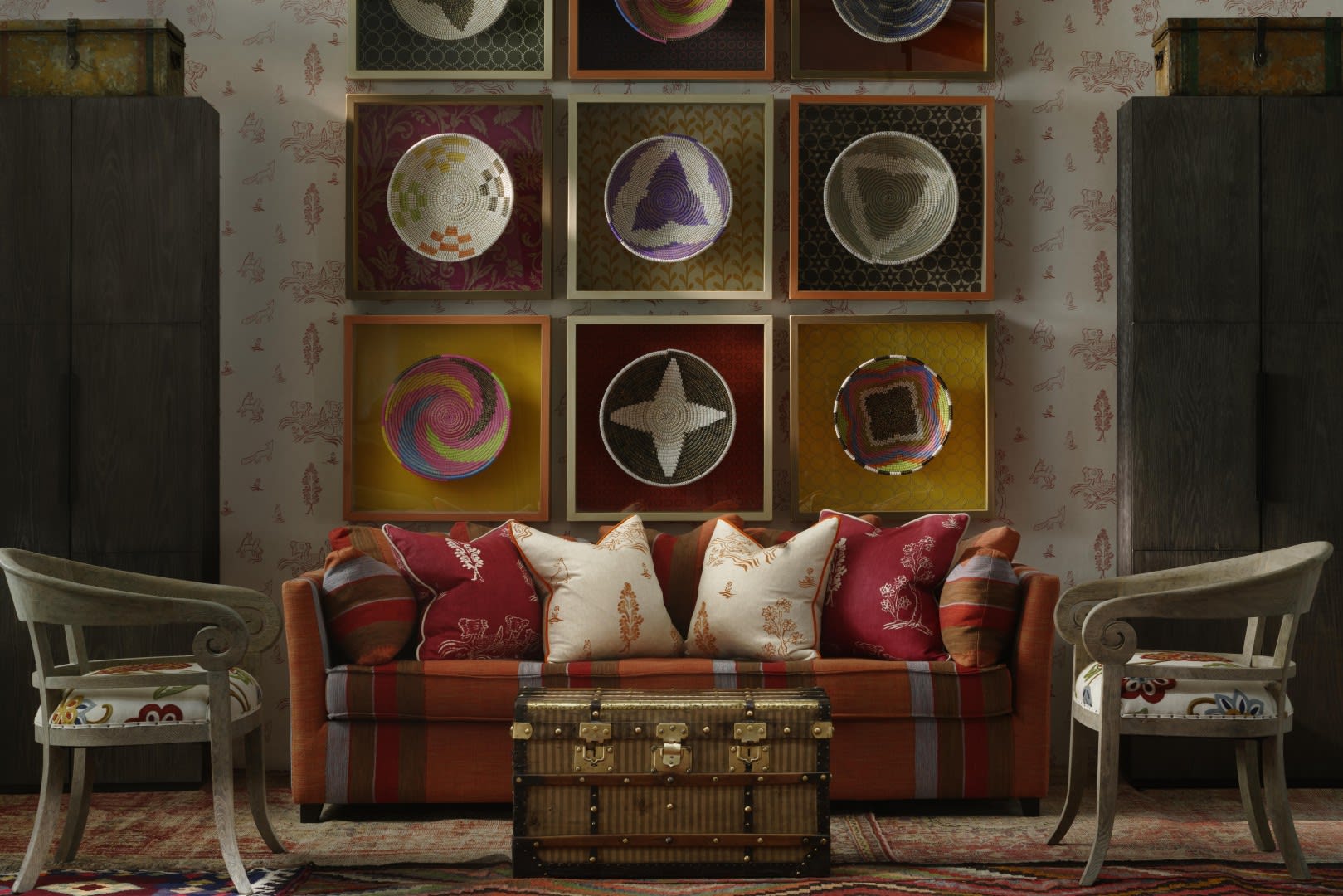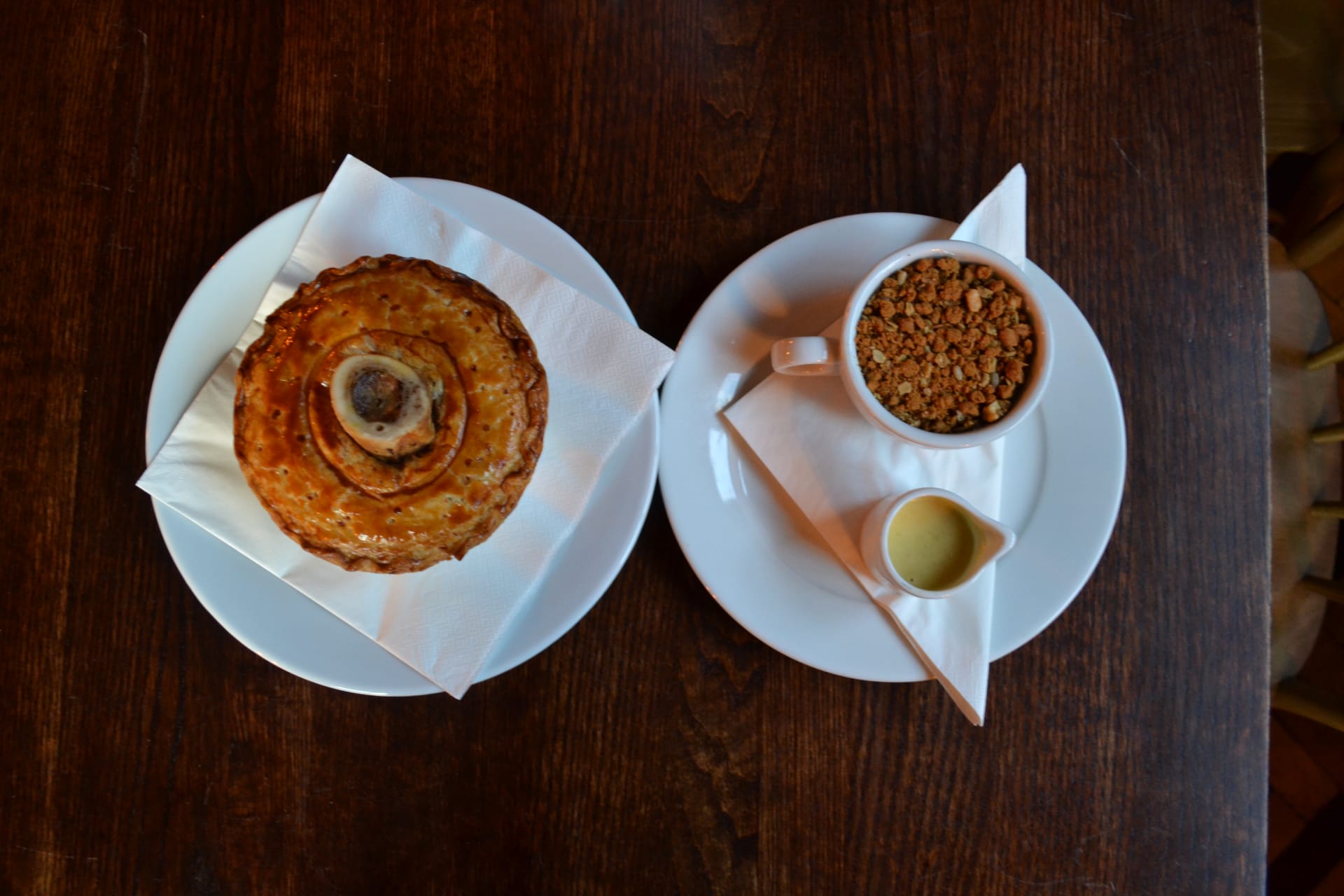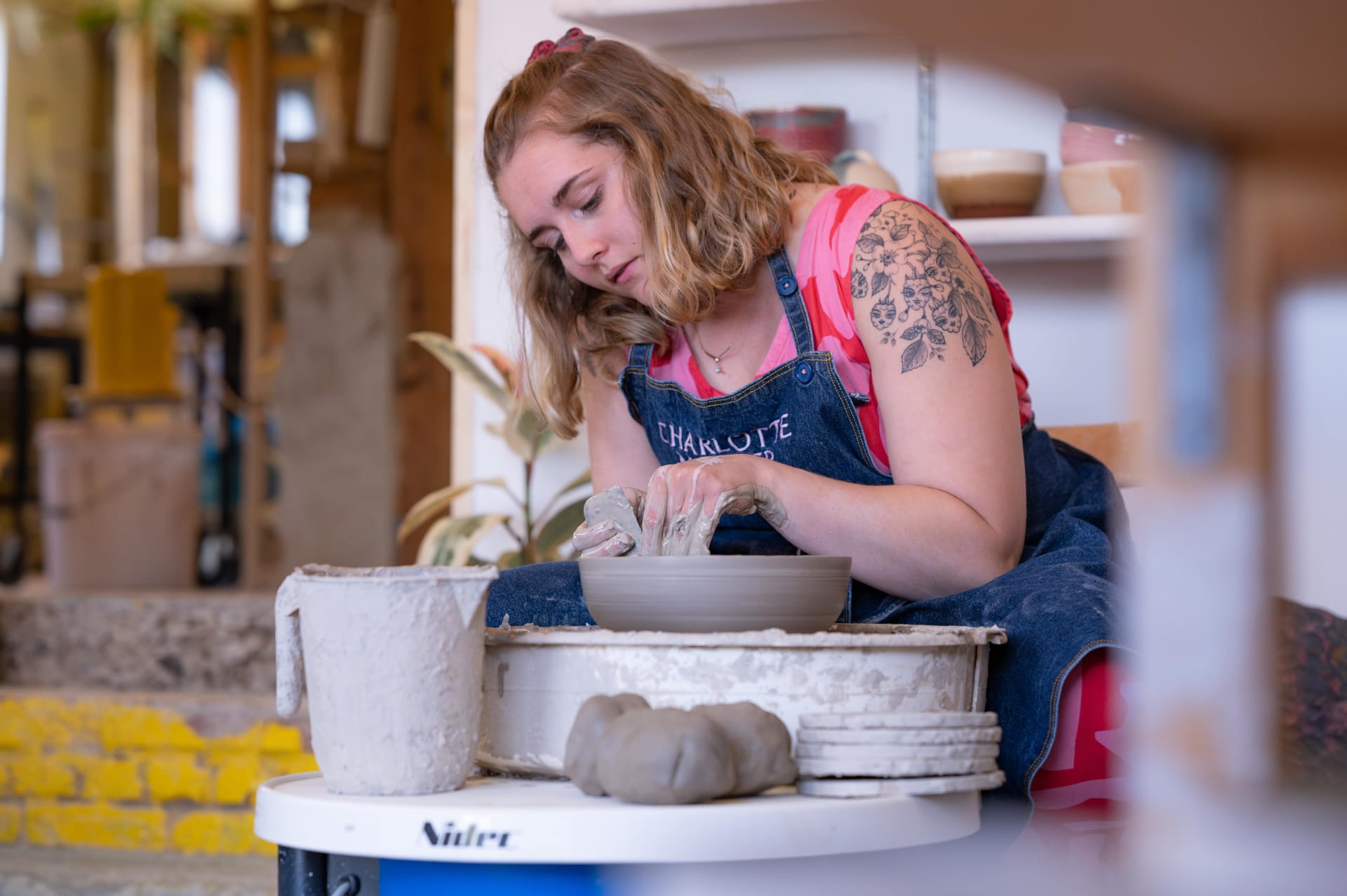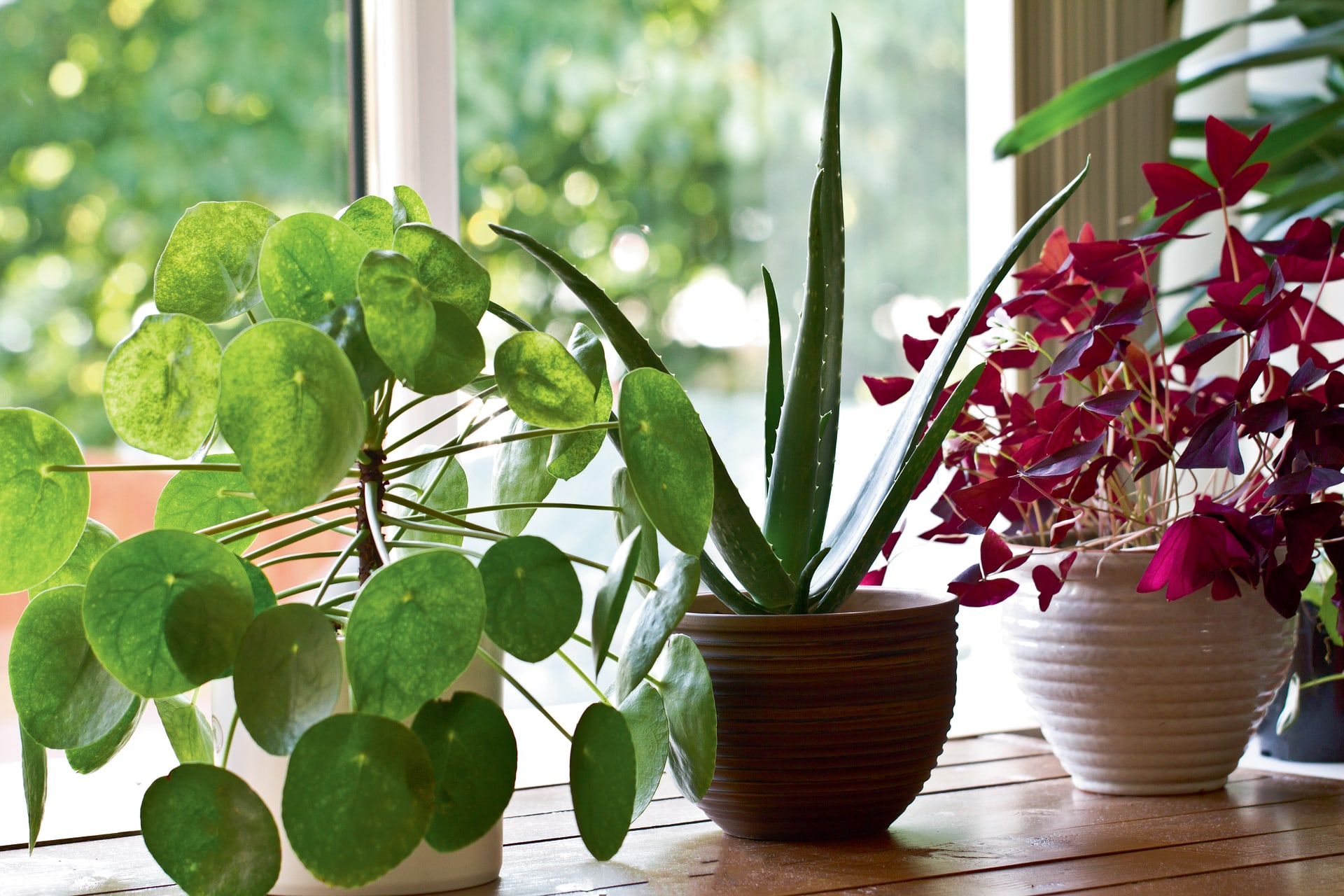Bespoke furniture maker Tom Zinovieff exudes that gleeful tranquillity of someone who quite genuinely loves what they do. Furniture making runs in his family. His family has managed a local woodland for many years and after completing his training he moved into his father’s old workshop ready to carry on the trade for another generation. We visited him there on a gloriously sunny afternoon to learn more.
How did you get into the trade?
My father was a cabinet maker so I grew up with it happening around me, but it took me a long time to realise that it was the thing for me. I mucked about with a few different jobs after school, but when I was finally ready to train in woodworking, I went to study in Lyme Regis down in Dorset at the Boat Building Academy, where they run an amazing furniture-making course. It just clicked straight away, and from day one I just couldn't wait to get back into the workshop. Those three months flew by. I finished with a distinction and moved in here.
What’s your philosophy when it comes to sourcing your materials? Is it an important part of the process for you?
Yes, it’s very important to me. I have a timber yard nearby where I go and get my wood and it's all collected within a close radius of the sawmill. It's nice for me to always go to the same place because I get to know the guys who are really nice and I get to go through the pallets of wood and pick out my boards which is very important. If I was to say, 'I want ten boards', they'd just send them to me randomly. I wouldn't be able to look at the grain, the figure or the colour and pick out the perfect boards for the job I'm doing.
Does the beauty of an object in your mind derive from its function?”¯
For me it's a marriage of functionality and proportion to create a beautiful piece of furniture. Function definitely comes first in my mind; it's got to do what it needs to do first. The Shakers [eighteenth century English religious order] are a perfect example of the type of furniture that I aspire to make. They never really made it to sell; it was all about furniture that was going to be used. It was always about what it needed to do and it would do that job really well but also look fantastic.”¯
Do you get inspiration from natural forms?
Definitely. The way you see the world is often influenced by the work that you're doing. If you're a photographer, everything you see is a photograph. If you're a filmmaker, you constantly think 'that could be a beautiful scene’. If you're writing, you're putting words down on the page as you're walking around the streets. I walk through woodland and see pieces of furniture in all the trees – nature has worked out the perfect shape for a tree to be elegant and strong and do its job.
Do you have a signature design?
I think I'm still working on that. I've only been in the workshop for coming up to three years by myself now. I'm still developing my style and working out who I am as a designer. At the moment every piece of furniture I make is the first time I've made that specific piece. Everything's still exciting and I still can't wait to get to the workshop every morning – I'm sure it'll always be like that. I think you'd be able to recognise my designs from a sense of simplicity and functionality with clean lines and good proportions. I favour using British woods; I think that's a recognisable character. A lot of people ship in these veneers and fancy woods from the rainforest when we've got amazing wood growing in our back garden in England.
How can people commission work from you?
My workshop diary happens on Instagram. I keep that updated with recent pieces and little happenings in the workshop. There's the website as well. Give me a call, send me an email – I'm always here. Or you can write – I love a letter.







